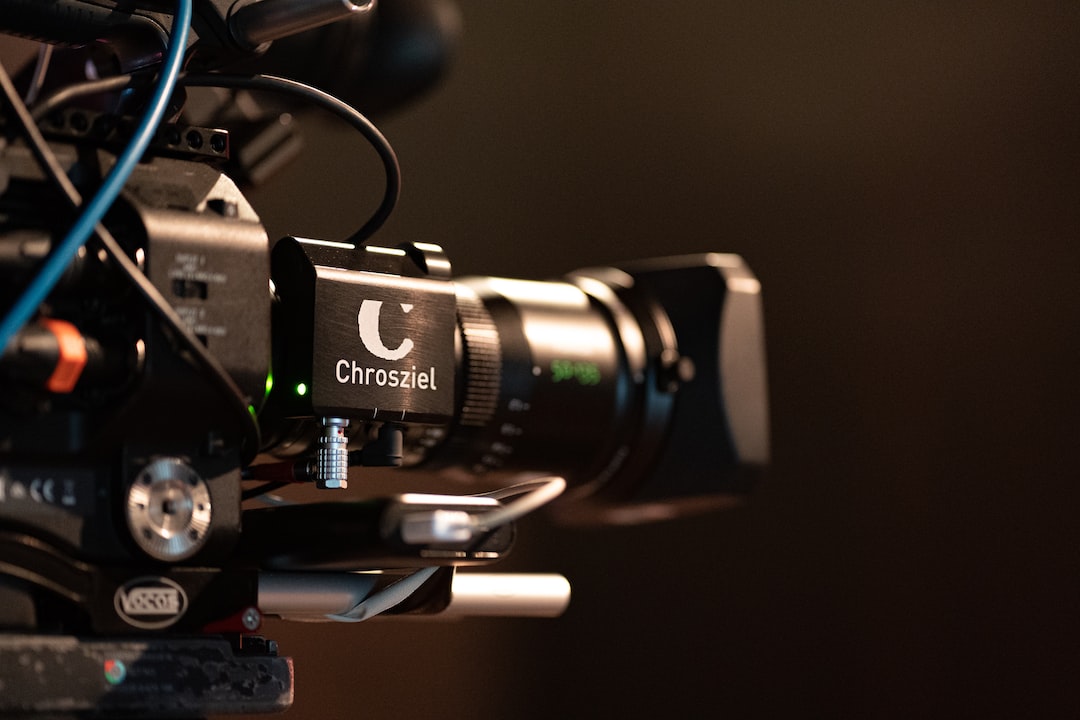The Role of Technology in Modern Production
Technology has revolutionized every aspect of our lives, and the world of production is no exception. From a simple handmade process to a complex automated system, technology has played a pivotal role in shaping how goods are manufactured and delivered to consumers. In this blog post, we will explore the various ways in which technology has transformed modern production.
One of the most significant advancements in production technology is automation. Automation involves the use of machines and technology to perform tasks that were previously done manually. This has led to increased efficiency, accuracy, and productivity in production processes. Machines can perform repetitive tasks at a faster pace and with fewer errors than human labor. As a result, production cycles have become shorter, leading to increased output and reduced production costs.
Automation has also led to improved safety in manufacturing environments. By replacing humans with machines in dangerous tasks, the risk of accidents and injuries has significantly decreased. For example, robots can be used in hazardous environments that involve handling toxic substances or working in extreme temperatures. This not only protects workers’ health but also reduces insurance costs for manufacturing companies.
The use of technology in modern production has also resulted in the development of advanced machinery and equipment. These innovative tools and apparatus are capable of performing complex tasks that were previously unimaginable. For instance, 3D printers have revolutionized the manufacturing industry by allowing the creation of three-dimensional objects through additive manufacturing. This has opened up new possibilities for product customization and reduced the need for extensive tooling and molds.
Moreover, technology has facilitated the integration of data analytics and production processes. The collection and analysis of vast amounts of data have allowed manufacturers to optimize their operations and make strategic decisions. Real-time monitoring of production lines and machines enables companies to identify bottlenecks and inefficiencies, leading to targeted improvements. By leveraging data analytics, modern production processes have become more agile, responsive, and adaptable to changing market demands.
Another aspect of technology in modern production is the implementation of artificial intelligence (AI) and machine learning. AI enables machines to learn from experience and perform cognitive tasks, such as image recognition or natural language processing. In production, AI can be used to optimize production scheduling, predict maintenance needs, and even predict product quality. These capabilities help manufacturers improve overall operational efficiency and minimize downtime.
Furthermore, technology has revolutionized supply chain management. The advent of the internet and digital communication has enabled real-time tracking of goods and streamlined logistics operations. With the help of cloud-based platforms, manufacturers can now collaborate more efficiently with suppliers and customers, allowing for better coordination and inventory management. This enhanced supply chain visibility reduces lead times, minimizes stockouts, and ensures timely deliveries.
In addition to these advancements, technology has provided opportunities for remote work and collaboration. With the rise of the COVID-19 pandemic, many manufacturers had to adapt quickly to remote working arrangements. Through video conferencing, cloud-based project management tools, and virtual reality, teams can collaborate seamlessly from different locations. This flexibility in work arrangements has increased productivity and allowed companies to continue operating even during times of crisis.
Despite the numerous benefits it brings, the rapid advancement of technology in production also poses challenges. The replacement of human labor with machines has raised concerns about job displacement and unemployment. However, it is important to note that technology also creates new job opportunities, especially in fields related to technology development and maintenance.
Overall, technology has transformed modern production by improving efficiency, safety, and quality. From automation to artificial intelligence, the integration of technology has made production processes faster, smarter, and more reliable. By embracing these advancements, manufacturers can stay competitive in an ever-evolving global market. As technology continues to evolve, we can expect production processes to become even more innovative, sustainable, and digitally interconnected.

